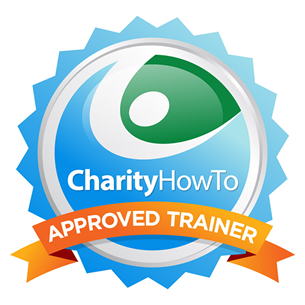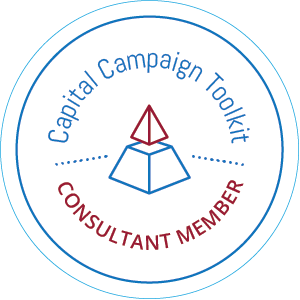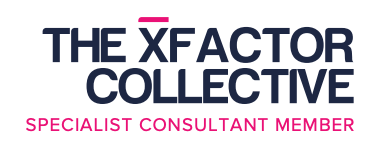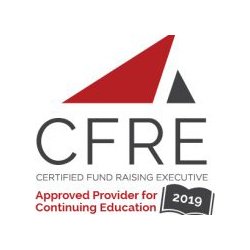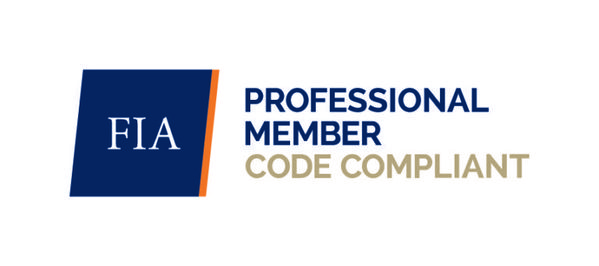This weekend I took a little vacation of sorts. I ran a marathon. The Marine Corps Marathon in Washington, DC. Running a marathon is exhausting, but also, reflective. For you see, you run for 26 miles. That is a long time on your feet – sometimes, three, four, five, six, or even more hours.
Over the course over the weekend, there were approximately 3,000 marines – some of our countries finest armed service men and women. And, as I reflected on my experience, I was reminded of how important it is to take care of our donors. You see, the Marines took care of me while I was run ning.
ning.
They were there to welcome me when I arrived – how often do we welcome donors for their first gifts to us or even their second or third?
They directed me through the maze of marathon logistics – how often do we try to make our experience of being a donor easy for our donors? Do we point them in the right direction? Do we connect them with aspects of the charity that they care deeply?
And, then when I was running, those Marines were out there cheering me on as if I were the hero – how often do we cheer on our donors in their act of giving? How often do we make them feel like the superheroes that they are?
When the going got tough, they were there for me, telling me that I could do – when things get tough for our donors, are we still behind them cheering for them? Perhaps they can’t give us as much, do we abandon them as people? Or do we still treat them the same, cultivating the relationship?
And, at the end of it all – they placed the medal on me and made me feel accomplished – “Congratulations, Maam” – do we treat our donors like they are the real heroes, even though we are doing the actual work?
Interesting questions. I was awed and inspired by this display of honor at the marathon. The Marine’s know how to put on a good race. And, they also know a lot more about how to treat people. There are lessons learned here on how we should go about treating our donors.
Giving is MORE like a marathon than a sprint. It is about cultivating relationships with our donors over weeks, months, years – just like a marathon is about training for days, weeks, months, and years.
So, go out and run the race. And, even though it is your organization that is doing the hard work, take some lessons from the Marines and treat your donors like the superheroes that they are. After all, the Marines are making this sacrifice for our country, just as our donors are making another kind of sacrifice for our organizations.
OORAH! Now get out there and train.




